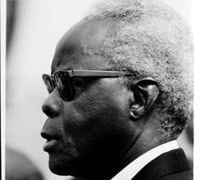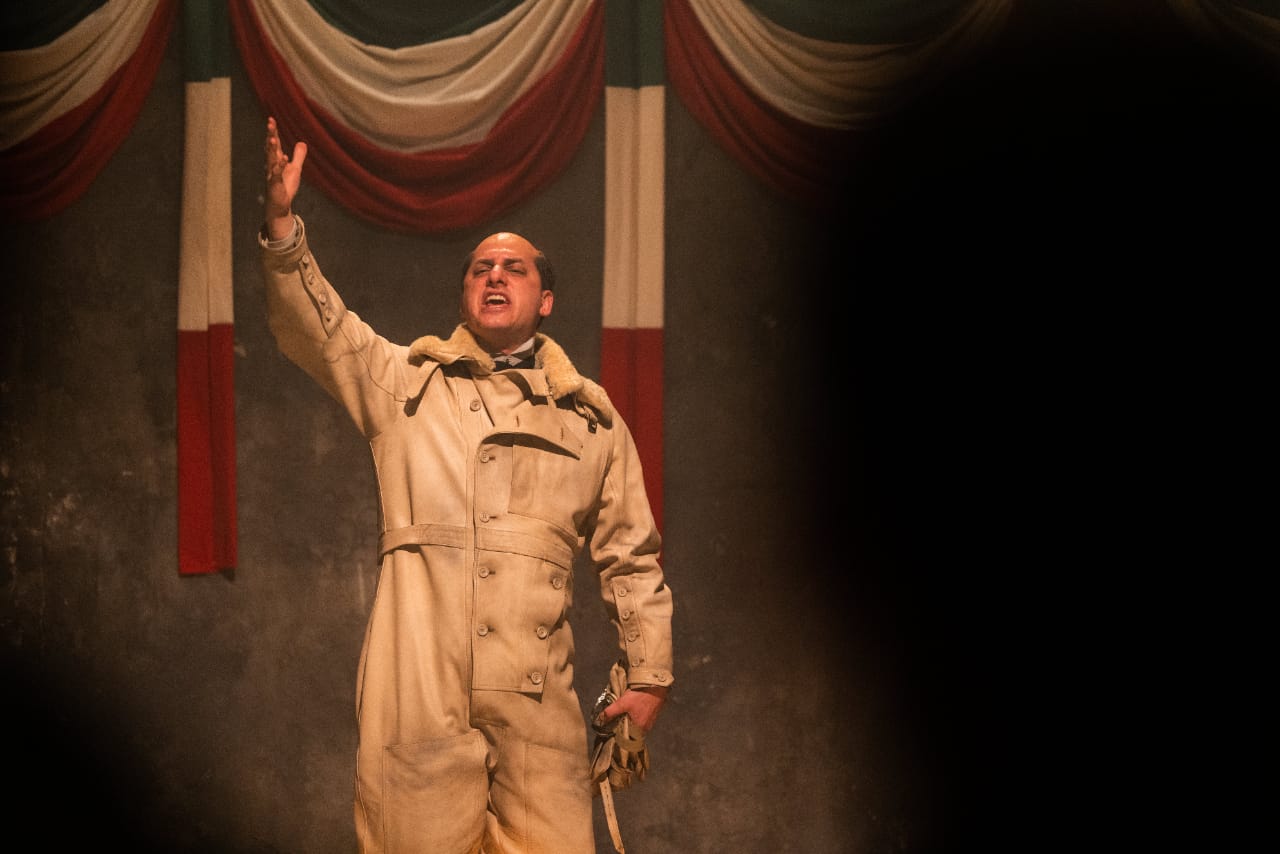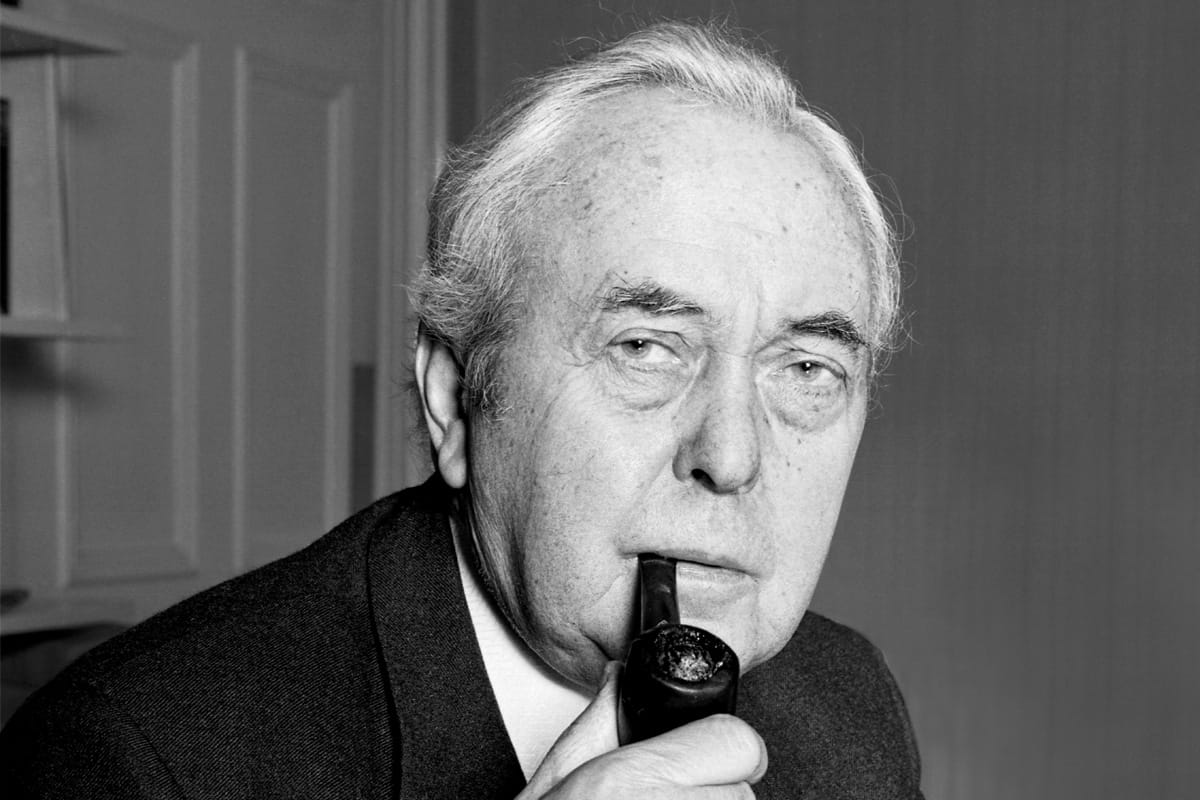On the 26th of Ocotber 1972, the then President of the Republic of
Dahomey was deposed in a coup d’etat led by Major Mathieu Kérékou. He deposed a
system in which three members of a presidential council would rotate power. He overthrew the President Justin Ahomadegbé,
who was placed in house arrest until 1981 alongside the other members of the presidential
governing council who were Hubert Maga and Sourou-Migan Apithy.
| Major Mathieu Kérékou |
In the first two years of Mathieu Kérékou’s rule he espoused only nationalism
and gave no explicit support to socialism in any way. He was even quoted as
saying that the Dahomean Revolution would not "burden itself by copying
foreign ideology … We do not want communism or capitalism or socialism. We
have our own Dahomean social and cultural system." Yet in 1975 Kérékou
declared he was a “Marxist-Leninist”, and declared “Marxism-Leninism” as the
model the Dahomean state would follow. It was then that the Nation was renamed
the People’s Republic of Benin. It is very easy to argue against the sincerity
of Kérékou actually being a Marxist or a Leninist. He was not a “left wing
radical” or socialist of any sort prior to this declaration. It seems that the declaration
of Marxism-Leninism was based more on a means of unifying the nation as opposed
to the policies of ethnicity which previous presidents had followed. In
addition he was attempting to win the support of the socialists of Benin, and
more importantly of the Russians.
In the 1975 Constitution the People’s Revolutionary Party of Benin became the
only legal political party in the nation. In the 1979 and 1984 elections the
party had received 97.9% of the total vote and 98.1% of total votes
respectively. This was indisputably due to the fact the nation was ruled as a
one party state.
Soon after, Kérékou announced the
expropriation of the petroleum industry and the banks. It was during this time
that Kérékou earned for the nation the label “Africa’s Cuba”. As time
progressed, due to the rampant corruption and mismanagement of the planned
economy, by the late 1980s the economy was nearing collapse.
This led
to President Kérékou seeking out free market reforms and to him massively
cutting government services, public services and healthcare before he declared
that the country was no longer “Marxist-Leninist”. Effectively over the course
of 14 years Mathieu Kérékou had created a deformed workers’ state before he and
the bureaucracy and decided to reintroduce capitalism.
The Stalinist one party state was formally ended in 1989 when Kérékou decided
to allow other parties to run and he was indeed out of power by 1991 when a formal
democratization was brought to the nation and capitalism restored.






